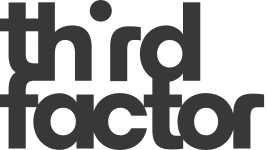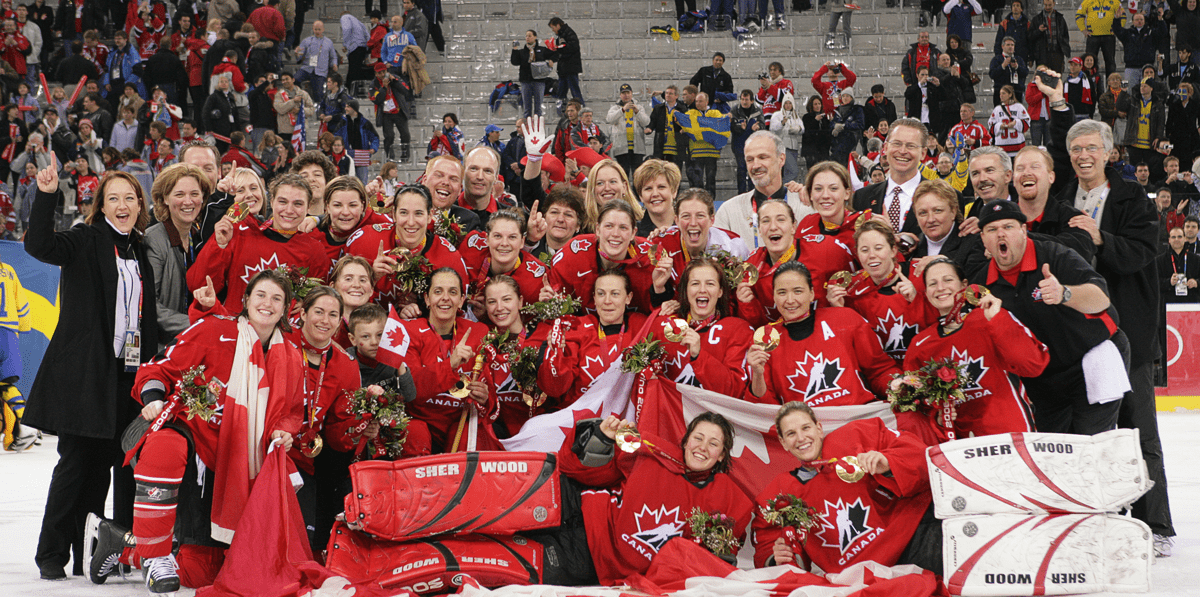This Friday marks the 10-year anniversary of the Closing Ceremonies of the Vancouver 2010 Olympic Games. Here at Third Factor, we were incredibly proud to directly and indirectly support many of the athletes and coaches that would go on to become household names.
Ten years later, we are still committed to supporting Olympic and Paralympic athletes and coaches in their bid for the podium. And three incredible stories from the 2010 Games continue to influence our understanding of the power of pressure and the way we interact with our clients across all areas of our business.
Changing a Canadian mindset
Prior to the Vancouver Olympics, Canada was known in Olympic circles for one notable achievement: it was the only nation in the world to host the Games without a local athlete winning gold.
In fact, Canada had achieved this feat twice; first at the 1976 Summer Games in Montreal, and again at the 1988 Winter Games in Calgary.
When Vancouver won the bid to host the 2010 Winter Games, Canada’s 13 winter national sport organizations were determined to change that reputation. A report by sport management consultant and Olympic Hall of Famer, Cathy Priestner Allinger, found that Canadian athletes ranked top-five in the world the year before the games were far less likely to go on to win an Olympic medal than international athletes who were performing at the same level.
“Canada’s challenge wasn’t producing world-class athletes; it was producing world-class athletes who could perform with all the distractions and pressure of the Olympics”
In other words, Canada’s challenge wasn’t producing world-class athletes; it was producing world-class athletes who could perform with all the distractions and pressure of the Olympics. Brian Orser was one of Canada’s star athletes at the Calgary Games in 1988, and he spoke to us about the pressure of competing in front of a home crowd.
To help Canada’s performers prepare for the pressure of Olympic competition, the not-for-profit organization Own the Podium was formed to provide and fund support structures designed to give Canadian athletes the preparation that would allow them to access their best performances in the face of Olympic pressure.
Own The Podium was a spectacular success. At Vancouver, Canadian athletes won 26 medals, including a record-setting 14 gold medals, placing Canada third overall. Since that time, Canadian athletes have been ‘converting’ at a rate of around 70% and Canadians now enter Olympic Games with an expectation that they could indeed, be the best in the world.
The impact of self-awareness and communication strategies
We had always believed that self-awareness was a critical component of team performance, and there was no doubt on the subject following our work with the Canadian Women’s Olympic Hockey Team at the Vancouver Games.
In 2010, the team was looking to defend its gold medal from the Turin Games four years prior. They were also preparing to face their American arch-rivals who had bested them at the world championship the year before.
As the team’s mental performance coach, Third Factor Founder, Dr. Peter Jensen, was tasked with helping the team perform through the high-stakes tournament while under intense scrutiny from the home crowd. To help keep the team running like a finely tuned engine, he elected to bring in our collaboration guru, Peggy Baumgartner, to guide the team through our Self-Aware Team process. Through the program, the team was able to gain a better understanding of their tendencies – both individually and as a team under pressure. And, they leveraged that new understanding to design systems to keep communication flowing effectively when the pressure mounted. The players remember it as a challenge that was both extremely difficult, and extremely worthwhile.
With a strategy in place, the team was able to communicate and stay consistent whether things were going well or poorly. They were able to work their way through the ups and downs of Olympic competition and successfully defend their gold medal on home ice.
What we learned is that when you have a high functioning team – even one that’s among the best in the world – one of the most powerful ways to further enhance their performance is to increase their self-awareness and communication skills.
The convergence of health and performance
For us at Third Factor, there was a hidden storyline we were following that was far more significant than the Olympics. One week prior to the start of the Games, Peter Jensen was with the Women’s Olympic Hockey Team in Jasper, Alberta, at their pre-Olympic camp when he received confirmation that he had throat and neck cancer.
“Peter had to keep the information from the team so as not to become an enormous distraction”
Peter had to notify the leadership at Hockey Canada and, with their blessing, continued to support the mental performance of the Women’s Olympic Hockey Team. As they headed into their most important competition of the four-year cycle, Peter had to keep the information from the team so as not to become an enormous distraction while simultaneously teaching skills, being at his best and dispensing regular doses of his usual sense of humour.
Peter is currently cancer-free and maintains a crazy busy schedule delivering keynote speeches to audiences big and small around the world. Peter wrote about his experience in his own words in his whitepaper, When Health and Performance Converge: What I (re)Learned From Cancer. It’s a great read if you’re curious to learn more about how he was able to stay resilient through such a difficult time.
To those of us at Third Factor, the 2010 Vancouver Games are a reminder that Peter doesn’t just teach people how to handle pressure, he lives and breathes the content.





